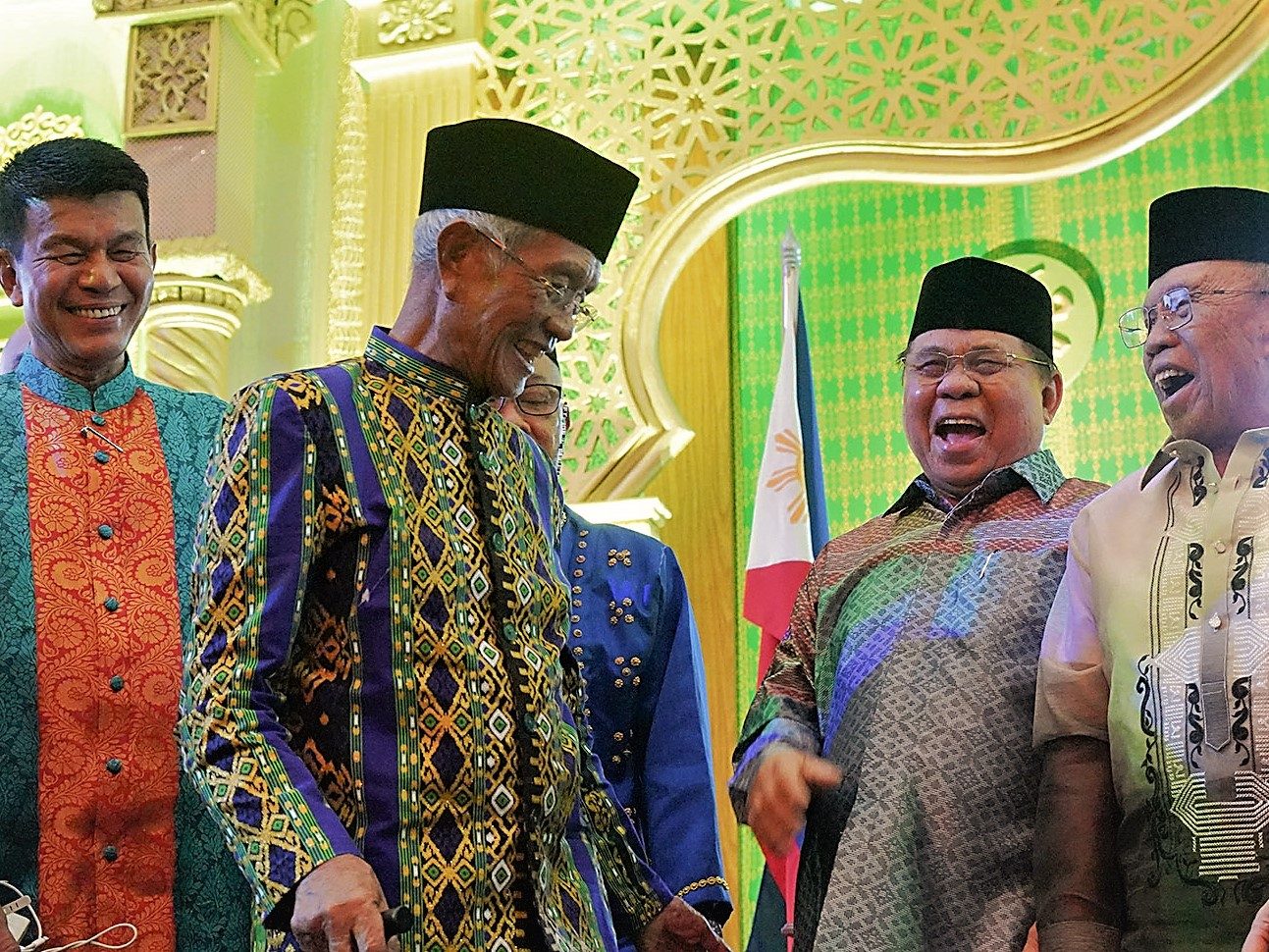
GENERAL SANTOS, Philippines – A group of local officials and other stakeholders in the Bangsamoro Autonomous Region in Muslim Mindanao (BARMM) went to the Supreme Court (SC) on Wednesday, June 14, to question the constitutionality of the special Muslim-majority region’s new election code.
The petitioners accused BARMM interim Chief Minister Ahod “Al Haj Murad” Ebrahim of grave abuse of discretion, and the Moro Islamic Liberation Front-dominated Bangsamoro Transition Authority (BTA) of going beyond its jurisdiction when it approved the Bangsamoro Autonomy Act No. 35, otherwise known as the Bangsamoro Electoral Code.
They said the region’s new law was an encroachment on the functions of the Commission on Elections (Comelec) and the SC itself, and would adversely affect the welfare and interest of political parties, voters, and taxpayers in BARMM.
The petitioners include the following:
- Dimnatang Pansar
- Abdul Rashid Balindong
- Shariefuddin Lucman
- Aleem Alibasher Abdullatif
- Jamil Paisal Adiong
- Rafnanjani Pendatun Ali
- Mohajeran Balayman
- Najia Pescadera
- Sharif Jul Asiri Abirin
- Abdul Muhaimin Abuhara
- Mohammad Salmann Sakili
- Sarid Hataman
- Harisul Samanul
- Sukarno Asri
- Mohammad Yusof Tidal
The newly-formed Bangsamoro Governors Caucus (BGC) backed the petition that was submitted to the High Tribunal by lawyers Romulo Macalintal, Antonio Carlos Bautista, and Christopher Rodriguez.
The 64-page petition, which represents several local government officials, civil society, traders, and political leaders in the BARMM, sought an SC ruling to declare the regional law null and void.
The petitioners also asked the SC to issue a status quo ante order or a temporary restraining order against the implementation of the new law.
A status quo ante order is meant to restore a situation to how it was before a particular event or dispute – in this case before the law’s passage – until a final decision is reached.
The electoral code was enacted by the BARMM’s interim parliament on March 8 and took effect on May 17.
The petitioners asked the high court to immediately take action on the matter in light of the forthcoming political exercises in the country.
Speaking for the BGC, Lanao del Sur Governor Mamintal Adiong Jr. said the majority of the BARMM’s provincial governors support the petition but denied they meant to undermine the current leadership in the autonomous region.
“The move in seeking the intervention of the Supreme Court is to validate the constitutionality and legality of regional laws which will help strengthen the rule of law in the Bangsamoro region. We just want to put things in proper order as these may affect the future of the region,” Adiong said.
The BGC, organized in Cagayan de Oro earlier this month, is composed of governors Abdusakur Tan of Sulu, Mariam Sangki-Mangudadatu of Maguindanao del Sur, Ysmael Sali of Tawi-Tawi, and Hadjiman Hataman-Salliman of Basilan.
In December 2022, the five governors first questioned some provisions of the then-draft election code such as the powers bestowed on the then-proposed Bangsamoro Election Office (BEO), which they said surpassed the powers of the Comelec.
The petition also cited a provision in the BARMM’s new election law, which provided strict rules on the use of campaign funds, and partisan activities.
In February, a month before the BTA approved the controversial code, a group of election experts and representatives of election watchdogs, warned that some provisions in the then-proposed law conflicted with the 1987 Constitution.
They suggested revisions in the then proposal, which is now the basis for the conduct of the elections in the BARMM. The region is scheduled to hold its first regional elections in 2025, two years after the barangay and youth elections set this October.
“The legislation of the electoral code must be pursued within the framework of the Constitution and national laws. Following the hierarchy of laws, the electoral code must be consistent, adherent, and compliant with the Constitution, national laws, and international law standards,” read part of their position paper early this year.
They questioned the provisions about an electoral tribunal, registration of political parties, the budget, and the powers of a regional electoral office to list and delist voters.
The experts had recommended the removal of the provision granting the Bangsamoro parliament’s electoral tribunal exclusive jurisdiction over election disputes, arguing that the Comelec should have sole authority instead.
Instead, they had proposed empowering the BEO to conduct recounts, oversee hearings, and make recommendations to the Comelec on petition decisions.
They had also recommended the removal of a provision granting exclusive jurisdiction to a regional electoral tribunal to handle election disputes, arguing that the Constitution has mandated the Comelec to perform such a task.
They had proposed empowering the electoral office to conduct recounts, oversee hearings, and provide recommendations to the Comelec regarding petition decisions instead.
Concerns had also been raised about a provision in the then-draft code granting the Bangsamoro Electoral Commission the authority to approve the registration and dissolution of political parties, citing potential constitutional issues.
The experts had recommended treating the office as the reception and screening committee for party registrations under the supervision of the Comelec. They said it should have limited powers over party dissolution petitions that require final approval or reversal by the Comelec.
Experts had called for the removal of a provision in the proposed code that grants the BEO the authority to investigate voter list anomalies and delist voters, as they argued that such matters should be decided by courts, not the BEO.
They pointed out that courts already have exclusive jurisdiction over voter list cases in their respective areas.
The group of experts had also recommended revising the code’s budget provision to ensure any supplemental budget for the BEO goes through the Comelec first, as it potentially conflicts with the Comelec’s status as an independent constitutional commission.
The experts who came up with the position paper included former elections commissioner Luie Guia, former justice secretary Al Agra, former interior undersecretary Jonathan Malaya, former interior chief Anwar Malang of the now-defunct Autonomous Region in Muslim Mindanao (ARMM), and former Masbate governor Vicente Homer Revi, among others. – Rappler.com
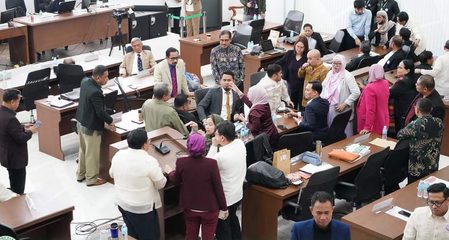
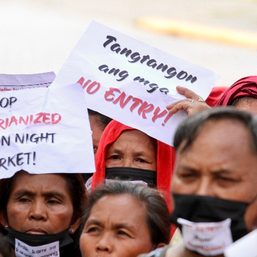
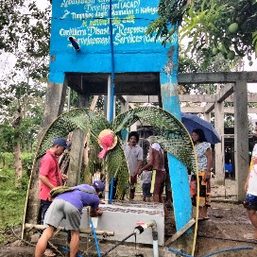
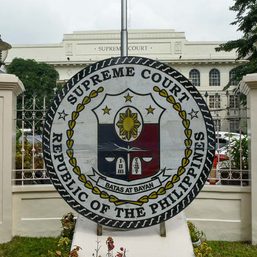
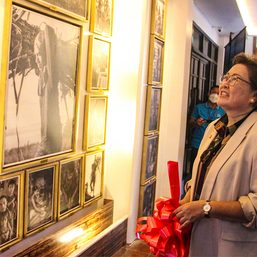
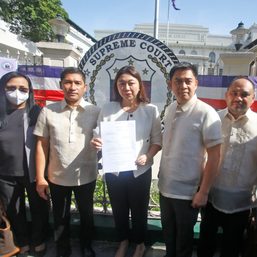
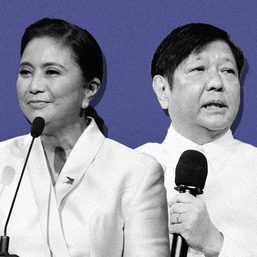
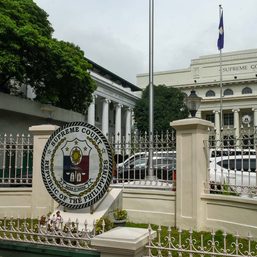
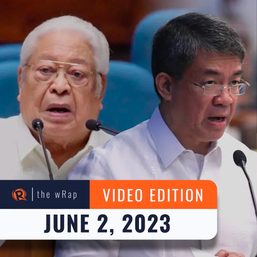
There are no comments yet. Add your comment to start the conversation.